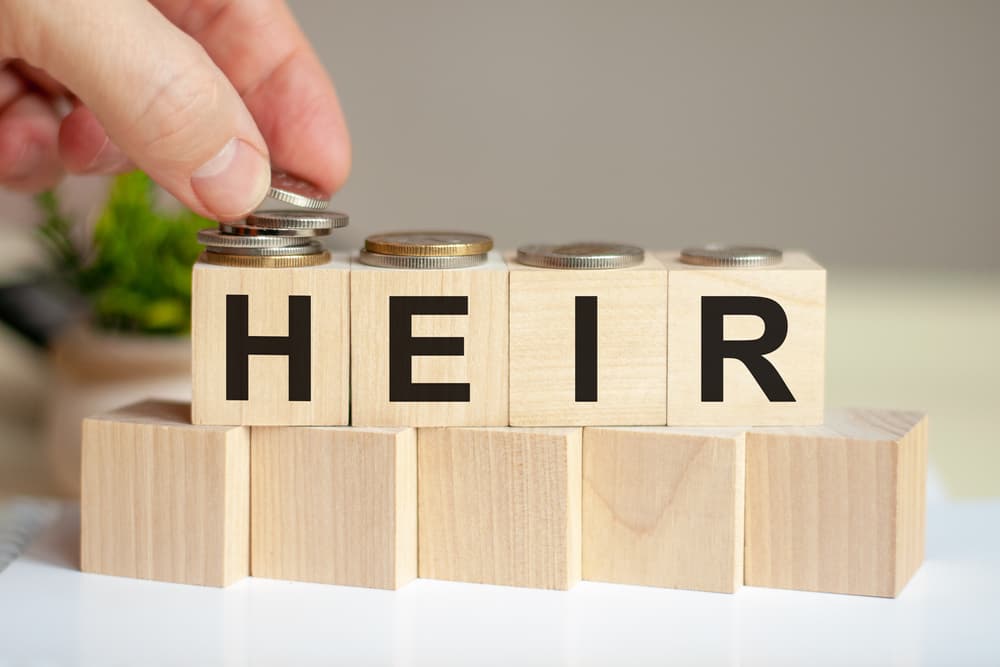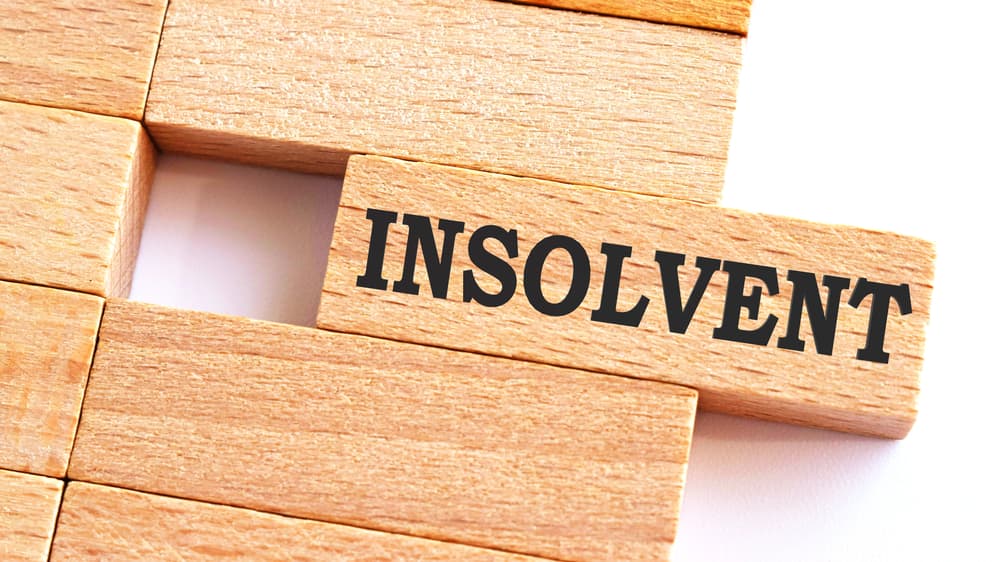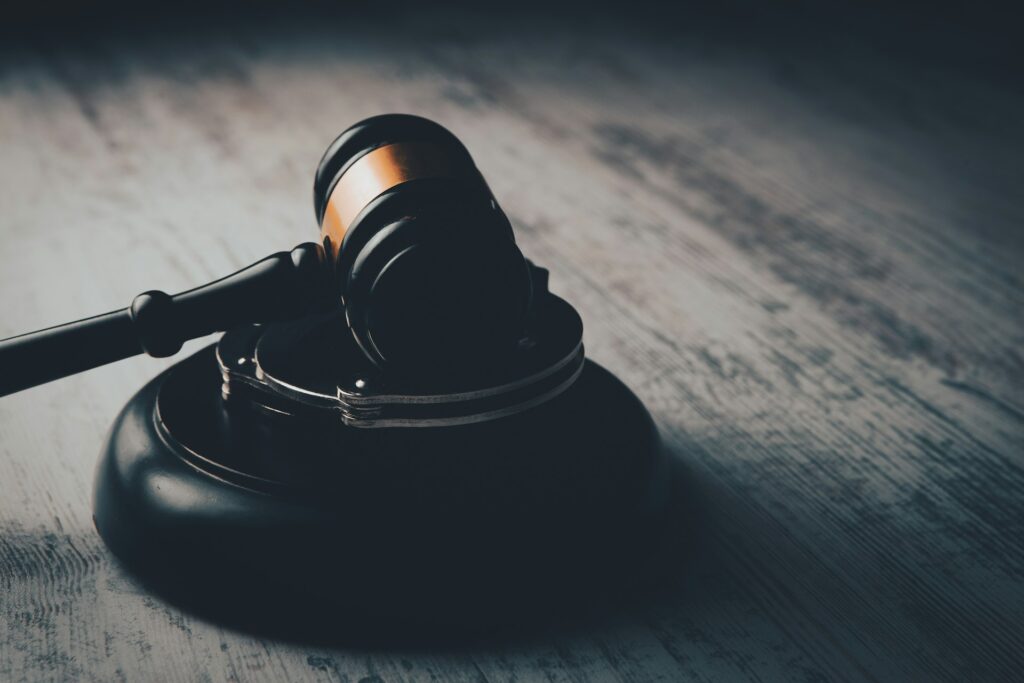When a person in Florida dies without a will, their assets are distributed according to a specific legal framework called "intestate succession." This means state law, not your loved one's wishes, dictates who inherits their property. The process involves a court-supervised procedure known as probate to identify heirs, pay outstanding debts, and legally transfer ownership of assets.
This situation is complicated, especially when family dynamics are involved or when there isn't ready cash in the estate to cover immediate expenses, including legal fees.
However, Florida law provides a clear path for distributing assets, and our firm guides you through the probate process. Legal fees are typically paid from the estate's assets at the end of the process, meaning you may not need any money upfront to get started.
If you have a question about settling the estate of a loved one who passed without a will, call us at (772) 589-5500.
Schedule a Consultation Today!
What Does "Dying Intestate" Actually Mean in Florida?
The Default Plan: Florida's Intestate Succession Laws
"Dying intestate" is the legal term for passing away without a valid will. When this happens, the state of Florida provides a default estate plan outlined in the Florida Probate Code. This is a structured, impartial system designed to distribute property in a way the law presumes most people would want.
Simply put, the law creates a family tree and distributes assets based on degrees of kinship. It’s a rigid formula that doesn't account for personal relationships, verbal promises, or your loved one's unwritten intentions.
Why It Matters to Your Family
The court's primary goal is to follow these statutes precisely. This means a close friend or a partner to whom your loved one was not married will receive nothing under these rules. The process happens through a court proceeding called probate.
The court appoints a "Personal Representative" (sometimes called an executor) to manage the estate. This person is responsible for gathering assets, paying the deceased's final bills, and distributing what's left to the legal heirs.
Who Gets What? Florida's Hierarchy of Heirs
The distribution depends entirely on which family members survived the person who passed away.
If There Is a Surviving Spouse

- Spouse and No Descendants: The surviving spouse inherits the entire estate.
- Spouse and Shared Descendants: If all children are descendants of both the deceased and the surviving spouse, the spouse inherits the entire estate.
- Spouse and Descendants from Another Relationship: The distribution becomes more complex. If the deceased has children from a prior relationship, the surviving spouse receives one-half of the estate, and the deceased's descendants (children, grandchildren) share the other half.
If There Is No Surviving Spouse
- Descendants Only: The entire estate is divided among the children. If a child has passed away, their share goes to their own children (the grandchildren of the deceased) through a concept called the right of representation. This means the inheritance passes down that "branch" of the family tree.
- No Spouse or Descendants: The estate goes to the deceased's parents. If they are not alive, it passes to the deceased's siblings.
If No Immediate Family Exists
The law continues to look for more distant relatives, such as grandparents, aunts, uncles, and cousins.
In the rare case that absolutely no relatives are found, the estate "escheats," meaning it goes to the state of Florida. This is very uncommon, as the law is designed to find even distant family members first.
Are There Assets That Bypass This Entire Process?
Yes, and this is a source of frequent confusion. Not everything your loved one owned is subject to intestate succession and the probate court. Certain assets pass directly to a named individual by operation of law, regardless of what a will says or what intestacy laws dictate.
Think of these as having their own built-in instructions for distribution.
Common Examples of Non-Probate Assets:
- Life Insurance Policies & Retirement Accounts: Assets like 401(k)s, IRAs, and life insurance policies pay out directly to the person listed as the beneficiary on the account paperwork. These funds are not part of the probate estate.
- Bank Accounts with "Payable-on-Death" (POD) Designations: If a bank account has a POD beneficiary, that person claims the funds directly from the bank with a death certificate.
- Property Owned as "Joint Tenants with Right of Survivorship": This is common for real estate, especially for married couples (tenants by the entirety in Florida). When one owner dies, the property automatically belongs to the surviving owner.
- Assets Held in a Living Trust: A trust is a separate legal entity. Any assets properly titled in the name of a trust are controlled by the trust's terms, not by probate or intestacy laws.
The "No Money?" Question: How Legal Fees Are Paid from an Estate
You're grieving, and the last thing you need is another bill. You might be looking at a house, a car, and some bank accounts, but there’s no pile of cash to hire an attorney. If you're wondering how to handle this with no will and no money, know there is a solution.
This is where the "no problem" part comes in.
The Estate Pays for Itself
In Florida, the law sees the cost of administering an estate—including attorney's fees and court costs—as a debt of the estate itself. This means the Personal Representative uses the estate's assets to pay for the administration before any money is distributed to the heirs.
Simply put: the attorney is paid from the estate's funds at the conclusion of the process. You do not have to pay out of your own pocket to get started.
How It Works in Practice:
- Consultation: We discuss the estate's assets and the family situation with you.
- Opening the Estate: We file the necessary documents with the local probate court (e.g., in Indian River County or St. Lucie County) to have a Personal Representative appointed.
- Managing Assets: The Personal Representative, with our guidance, gathers all the assets. If necessary, a property like a house might be sold to create cash.
- Paying Final Expenses: All of the deceased's debts, taxes, and the administrative costs (including our fees) are paid from these collected assets.
- Distributing to Heirs: The remaining assets are then distributed to the legal heirs according to the intestate succession laws we discussed earlier.
Our firm handles these matters regularly. We advance the initial court filing fees and other minor costs, which are then reimbursed by the estate later.
Emergency Expenses and Access to Estate Funds Before Probate Is Complete
When someone passes away with no will—and no ready cash—families are often left scrambling to cover immediate expenses. Funeral costs, mortgage payments, utility bills, and even routine household needs can’t always wait months for probate to run its course. What do you do if the bank accounts are frozen and most assets are tied up in the estate?
Florida’s Options for Urgent Needs
1. Family Allowance for Support:
Florida law recognizes that close family members may need support while the estate is being settled. The court can approve a “family allowance” to provide money from estate funds to a surviving spouse or minor children for their maintenance during probate (see Florida Statutes § 732.403). This is a priority claim and can be paid before most other creditors.
2. Petitioning the Court for Early Access:
If you need to pay for a funeral, utilities, property taxes, or urgent repairs, the Personal Representative (executor) can file a motion with the probate court requesting early disbursement of funds to cover specific expenses. Courts usually grant these requests for reasonable, documented costs, especially for necessary final arrangements or to prevent loss of estate assets.
3. Funeral and Final Expense Priority:
Under Florida law, funeral and burial expenses are classified as “administrative expenses” and are among the first debts paid by the estate. Many funeral homes will work with families to delay final payment until estate funds become available if they receive written confirmation from your probate attorney.
4. Accessing Joint or “Payable-on-Death” Accounts:
If the deceased held joint bank accounts or accounts with a named beneficiary, those funds may be immediately available to the co-owner or beneficiary. These do not go through probate and can be used for urgent expenses if you’re listed on the account.
5. Short-Term Loans to the Estate:
In rare cases, a family member may need to front funds for necessary costs. If so, keep all receipts and documentation. Reasonable expenses paid on behalf of the estate can be reimbursed as a priority claim once probate assets are available.
What Not to Do
- Don’t withdraw funds from the deceased’s individual accounts without court approval.
- Don’t sell, give away, or dispose of estate property before appointment as Personal Representative.
Practical Steps
- Speak with your probate attorney about your immediate needs as soon as possible.
- Gather all bills and estimates for urgent expenses and provide them to your attorney.
- Ask the attorney to petition the court promptly for a family allowance or emergency authorization if required.
Having a plan for urgent bills not only protects your family’s stability, it helps ensure the estate is managed according to Florida law, minimizing the risk of conflict or delay later in the probate process.
Insolvent Estates: What If Debts Exceed Assets?

Not every estate has enough money to pay off debts and still leave something for the family. When someone dies owing more than they own, Florida law treats this as an “insolvent estate.” Many families worry they’ll be left paying the bills, but that’s not how the process works.
How Does an Insolvent Estate Work in Florida?
The Personal Representative must follow a strict legal order for paying what the deceased owed. Here’s what happens step by step:
- Identify and Value the Estate
- All assets—bank accounts, real estate, vehicles, investments—are gathered and valued.
- All debts—credit cards, loans, medical bills, taxes, and final expenses—are listed.
- Notify Creditors: The estate must officially notify all known creditors and publish a notice to unknown creditors. This gives them a deadline to file claims (usually 90 days from the notice date).
- Classify and Prioritize Debts: Florida law sets a hierarchy for which bills get paid first (see Florida Statutes § 733.707):
- Class 1: Administrative costs and attorney’s fees
- Class 2: Funeral expenses (up to a certain limit) and up to two months of support for the surviving spouse or children
- Class 3: Federal and state taxes
- Class 4: Medical bills for the last 60 days of the person’s life
- Class 5: Other valid debts (credit cards, loans, etc.)
- Class 6: All other claims, including judgments
- Sell Estate Assets if Needed: If the estate doesn’t have enough cash, the Personal Representative may need to sell property, vehicles, or other assets to pay creditors.
- Pay Debts in Order Until Money Runs Out: The Personal Representative pays as many debts as possible, in order of priority. Lower-priority debts (like old credit cards) may go unpaid if there’s not enough money after higher-priority expenses.
- Heirs Receive Only What’s Left: If the estate is insolvent, heirs typically receive nothing. However, heirs do not inherit debt. Unpaid debts die with the estate. Creditors cannot pursue family members for balances (unless someone co-signed or is otherwise legally responsible).
What If Creditors Are Paid in the Wrong Order?
Personal Representatives must follow the statutory order. If creditors are paid out of order or before higher-priority claims, the Personal Representative can be held personally liable. That’s why you need legal guidance.
Homestead Property Exception
Florida’s homestead laws may protect the family home from certain creditors, even if the estate is insolvent. Homestead property may pass directly to a spouse or children, outside of probate creditors’ reach, in many situations.
Key Takeaway
You’re not responsible for your loved one’s debts. The estate handles what it can, following Florida’s priority rules. When debts exceed assets, creditors simply go unpaid beyond what the estate can cover.
If you’re facing an estate with more bills than money, talk with a probate attorney to protect yourself, handle creditor notices correctly, and ensure every step follows Florida law.
Why You Need a Guide for This Journey

While Florida's rules are straightforward on paper, applying them to a real family's life is rarely simple. The probate process is filled with deadlines, detailed paperwork, and legal requirements that are easy to miss. Handling an estate without a will and no money involves managing a complex process during a difficult time.
Potential Roadblocks We Handle:
- Identifying and Notifying Heirs: Finding all the legal heirs is sometimes a challenge, especially in blended or geographically dispersed families. The law requires a diligent search.
- Dealing with Creditors: The estate must notify and pay any legitimate creditors of the deceased. We manage this formal process to ensure all debts are properly settled.
- Family Disagreements: When there's no will clearly stating intentions, disputes may flare up. We work to resolve these conflicts and ensure the law is followed, protecting the Personal Representative from liability.
- Managing the Paperwork: The amount of documentation required by the court is substantial. An error causes long delays. Our role is to ensure everything is filed correctly and on time, keeping the process moving as smoothly as possible.
Our practice focuses on guiding the Personal Representative through each step, ensuring they fulfill their legal duties correctly and that the estate is settled according to Florida law.
Frequently Asked Questions About Florida Intestate Succession
How long does the probate process take in Florida without a will?
For an intestate estate, the process typically takes between six months and a year, assuming there are no major complications like property disputes or difficulties locating heirs.
Does the Personal Representative have to live in Florida?
Not always, but the rules are much stricter. Generally, a non-resident must be a close family member to qualify. This is a detail we clarify based on your specific situation.
What happens if my parent was not married but lived with a partner for years?
Florida does not recognize common-law marriage. Unless the partner is a joint owner on a deed or bank account, they have no inheritance rights under intestate succession laws.
What about the deceased's debts? Am I personally responsible for them?
No. As an heir, you are not responsible for the deceased's debts. Debts are paid by the estate's assets. If the debts exceed the assets, the estate is insolvent, and heirs typically receive nothing, but they do not inherit the debt.
Can we avoid probate if there's no will?
It depends. If the estate's value is very small (e.g., under $75,000, excluding the homestead) and has no debts, you might be able to use a simplified procedure called "Summary Administration." We determine if the estate qualifies.
Let Lulich & Attorneys Provide the Path Forward
Losing a loved one is difficult enough without the added stress of a confusing legal process. You do not have to figure this out alone. Our firm has years of experience helping families in Florida settle intestate estates with clarity and compassion. We handle the legal requirements so you focus on your family.
Let us help you close this chapter and secure your family's inheritance. Call Lulich & Attorneys today for a consultation at (772) 589-5500.
